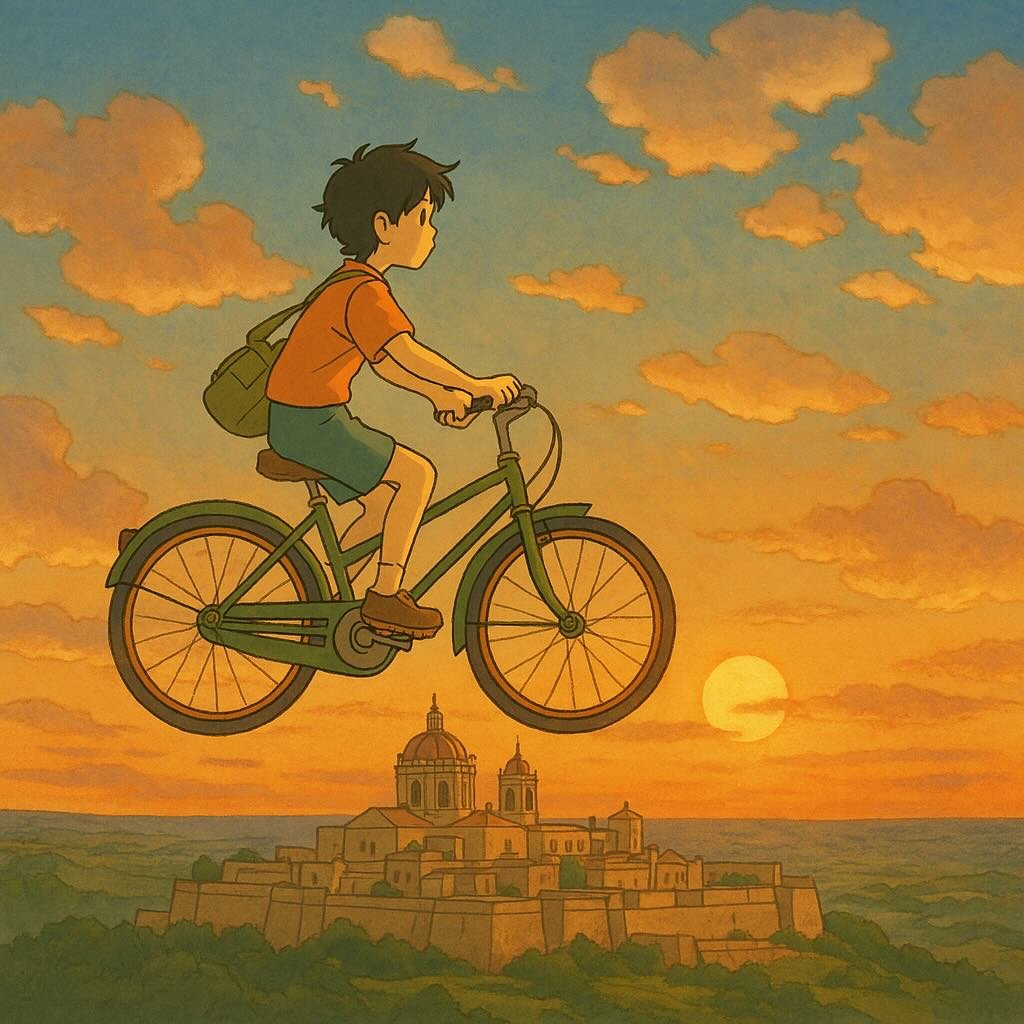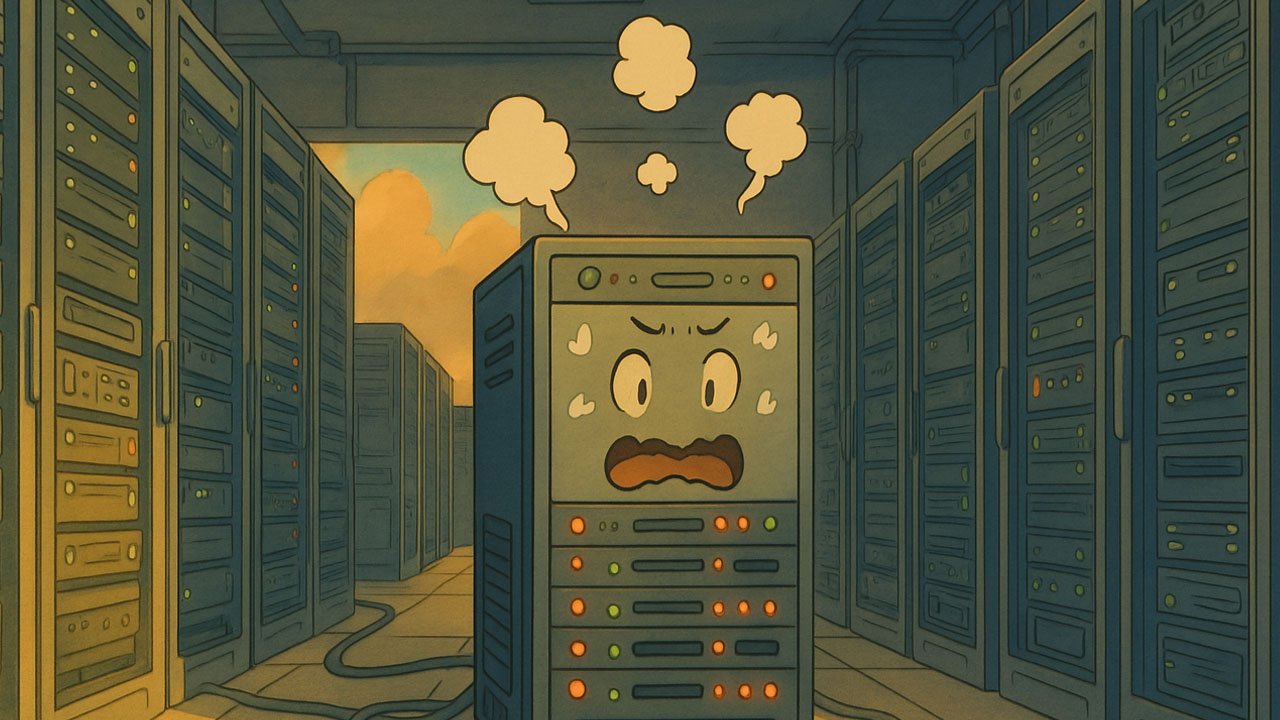A new trend is sweeping across AI corners of the internet: Studio Ghibli-style art created by ChatGPT. Over the past week, users have generated images that mimic the iconic look of Ghibli animation. The results triggered viral posts, profile picture swaps, and heated discussions about AI’s role in style replication.
OpenAI’s image generation tool, now built into ChatGPT, lets any user — free or paid — generate visuals from text and chat prompts. There’s no official “Ghibli filter,” but prompts like “in the style of Studio Ghibli” often produce results with clear traits: big eyes, dreamy color palettes, lush forest settings, and soft lighting gradients. This combination has been termed ChatGPT Ghibli-style by many enthusiasts.
I tested it myself using a simple prompt:
“A child riding a floating bicycle over Mdina at sunset, in the style of a Studio Ghibli film.”

The image appeared in under a minute. It had warm orange lighting, soft clouds, and a character that looked like it belonged in a Ghibli storyboard. Some wheel distortion appeared, but the vibe felt hand-drawn and intentional.
What OpenAI Has (and Hasn’t) Said
On March 31, OpenAI CEO Sam Altman confirmed that image generation is now available to all free users, limited to three prompts daily. Paid users on the $20/month Plus or $200/year Pro plan can generate unlimited images. However, a few days earlier, Altman said their ChatGPT servers were “melting” under the load from prompt experimentation, including ChatGPT Ghibli-style prompts.
OpenAI hasn’t made an official statement on stylistic imitation or how its model handles references to artists or movements.
Legal and Ethical Questions Are Already Taking Shape
Studio Ghibli has not responded publicly to the trend. However, co-founder Hayao Miyazaki has expressed strong disapproval of AI-generated art in the past. In a 2016 interview, he called it “an insult to life itself.” The studio is known for protecting its intellectual property. Whether it will respond as the trend grows remains to be seen.
The legal issue is murkier. ChatGPT doesn’t copy exact Ghibli images but does absorb and reproduce stylistic patterns. Whether that’s considered fair use, inspiration, or infringement is still unresolved in most countries.
Meanwhile, OpenAI is already facing lawsuits in the US and UK over how it trains its models, so the rise of ChatGPT Ghibli-style prompts will likely intensify those debates.
Why It Matters
This goes beyond anime aesthetics. It’s about how AI now blends into established visual cultures—and what happens when the public gets access without boundaries around style usage.
The popularity of Ghibli-style ChatGPT prompts shows a clear appetite for co-creation. It also highlights how narrow the gap is between inspiration and imitation when a model trains on massive datasets.
As generative tools evolve, the big question isn’t can AI do this. It’s should it, and who gets to decide.
This source, where Altman acknowledges the problem, also confirms that users cracked a couple of jokes about this, from him, unpleasant event.
For more and similar news, head over to our Latest AI Chatbot News section, where there are plenty of more cool takes on industry happenings like this one.

